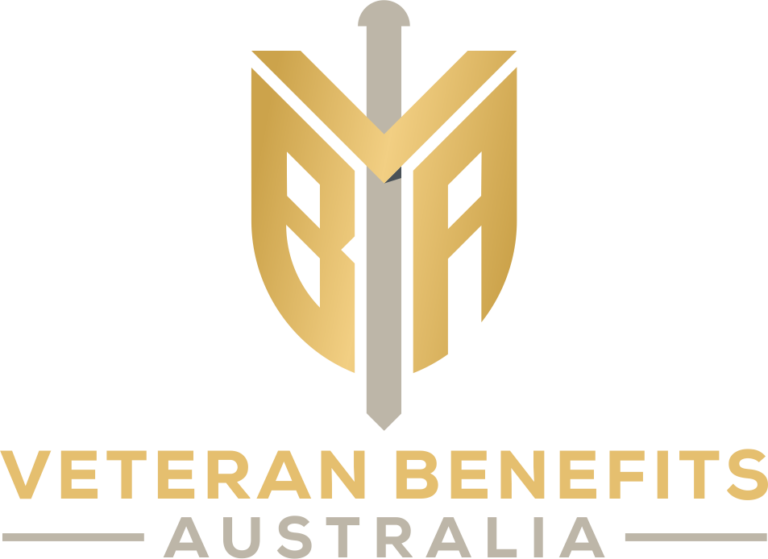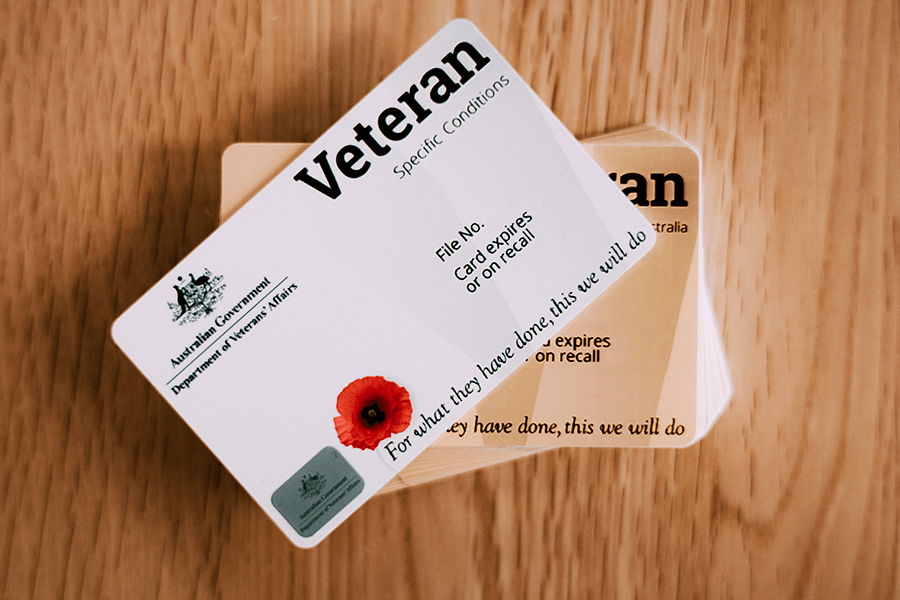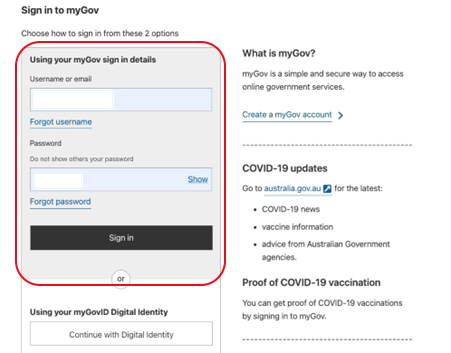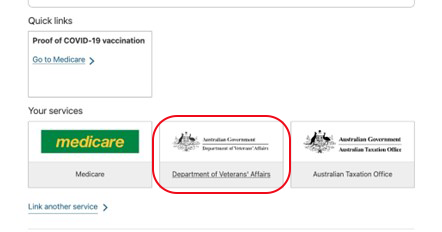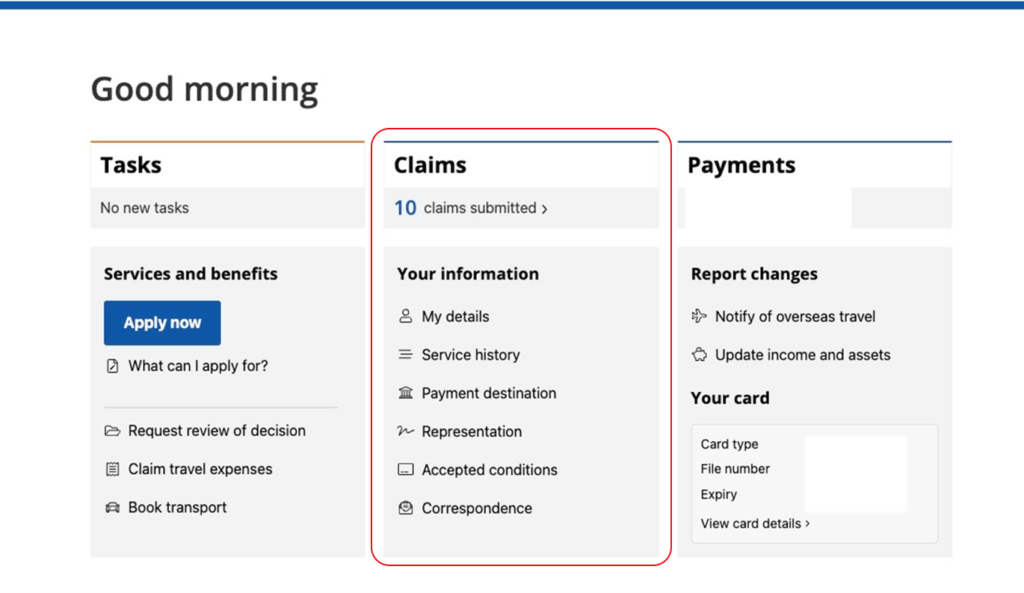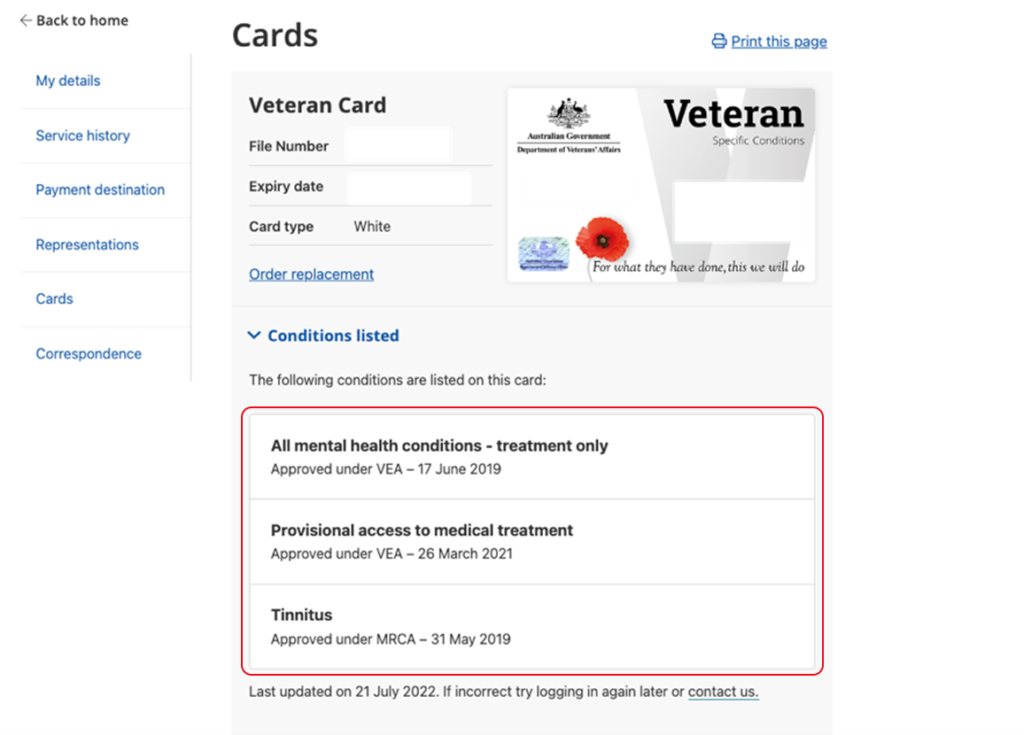Australia’s veterans undergo a unique set of challenges as they transition from military service to civilian life. This journey involves not only adapting to a new routine but also addressing physical and mental health considerations. In this context, exercise physiology emerges as a powerful tool in supporting veterans during this significant life transition. Let’s explore how incorporating principles of exercise physiology can be a pathway to wellness for Australian veterans.
Understanding the Transition
Transitioning from military service to civilian life is a multifaceted process that requires careful navigation. Veterans often face challenges such as reintegration into civilian society, adapting to new career paths, and managing the physical and mental toll of their service. Exercise physiology, with its focus on the impact of exercise on the body and mind, plays a crucial role in addressing these challenges.
Physical Well-being: A Foundation for Success
Maintaining physical health is fundamental to a successful transition. The demanding nature of military service can take a toll on the body, and the transition period provides an opportunity for veterans to prioritise their well-being. Exercise physiology emphasises tailored fitness programs designed to address specific needs and concerns.

Customised Exercise Plans
Exercise physiologists can work with veterans to create personalised exercise plans that consider their unique health history, any injuries sustained during service, and current fitness levels. This tailored approach ensures that veterans engage in activities that are both safe and effective.
Injury Rehabilitation
For those veterans dealing with injuries acquired during their service, exercise physiology can play a key role in rehabilitation. The focus on targeted exercises helps in strengthening muscles, improving flexibility, and aiding in the recovery process. This not only enhances physical function but also contributes to an improved quality of life.
Building Endurance for the Long Haul
Military service demands a high level of physical endurance. Exercise physiology programs can be designed to gradually build and maintain endurance, helping veterans meet the physical challenges of their new civilian roles, whether in the workforce or within their communities.
Mental Resilience: Beyond the Physical Realm
The transition from military service is not solely a physical journey; it encompasses mental and emotional aspects as well. Exercise physiology recognises the intricate connection between physical activity and mental well-being, offering valuable strategies for enhancing mental resilience.
Stress Reduction
Exercise is a proven stress reliever, and this is especially relevant for veterans facing the uncertainties of civilian life. Whether it’s through cardiovascular exercise, yoga, or mindfulness activities, engaging in regular physical activity can significantly reduce stress levels.
Cognitive Benefits
Physical activity has been linked to improved cognitive function. For veterans transitioning to civilian roles that may require new skills and adaptability, exercises that challenge cognitive abilities can be beneficial. This could include activities that involve coordination, balance, and problem-solving.
Community Engagement
Exercise programs tailored for veterans often foster a sense of community. The camaraderie built through group fitness activities can be a powerful support system during the transition. Being part of a fitness community provides not only motivation but also a network of individuals who understand the challenges of the journey.

Navigating Lifestyle Changes
The transition to civilian life often involves significant lifestyle changes. Veterans may find themselves with different schedules, work environments, and social circles. Exercise physiology offers practical solutions for incorporating fitness into these new lifestyles.

Flexible Fitness Plans
Understanding the dynamic nature of civilian life, exercise physiologists can create flexible fitness plans that accommodate changing schedules. This ensures that veterans can maintain a consistent exercise routine even amid the demands of work and family life.
Home-Based Workouts
Recognising that access to fitness facilities may vary, exercise physiology can provide home-based workout options. This empowers veterans to stay active regardless of their location, making fitness an accessible and integral part of their daily lives.
Nutritional Guidance
Exercise physiology extends beyond physical activity to encompass overall wellness. Nutritional guidance is often incorporated into fitness plans, providing veterans with the knowledge and tools to maintain a healthy diet, and supporting their energy levels and overall health.
Empowering Veterans Through Exercise Physiology
As veterans embark on the journey of transitioning to civilian life, incorporating exercise physiology into their wellness strategy can be a game-changer. From customised fitness plans and injury rehabilitation to stress reduction and community engagement, the principles of exercise physiology offer holistic solutions.
The physical and mental benefits of exercise are not only essential for navigating the challenges of transition but also for fostering a sense of purpose, camaraderie, and well-being. By embracing exercise physiology, veterans can not only maintain their physical health but also build the mental resilience needed to thrive in their post-military lives.
In the spirit of supporting our Australian veterans, let us recognise the transformative potential of exercise physiology as a guiding force on their path to a fulfilling and healthy civilian life.
